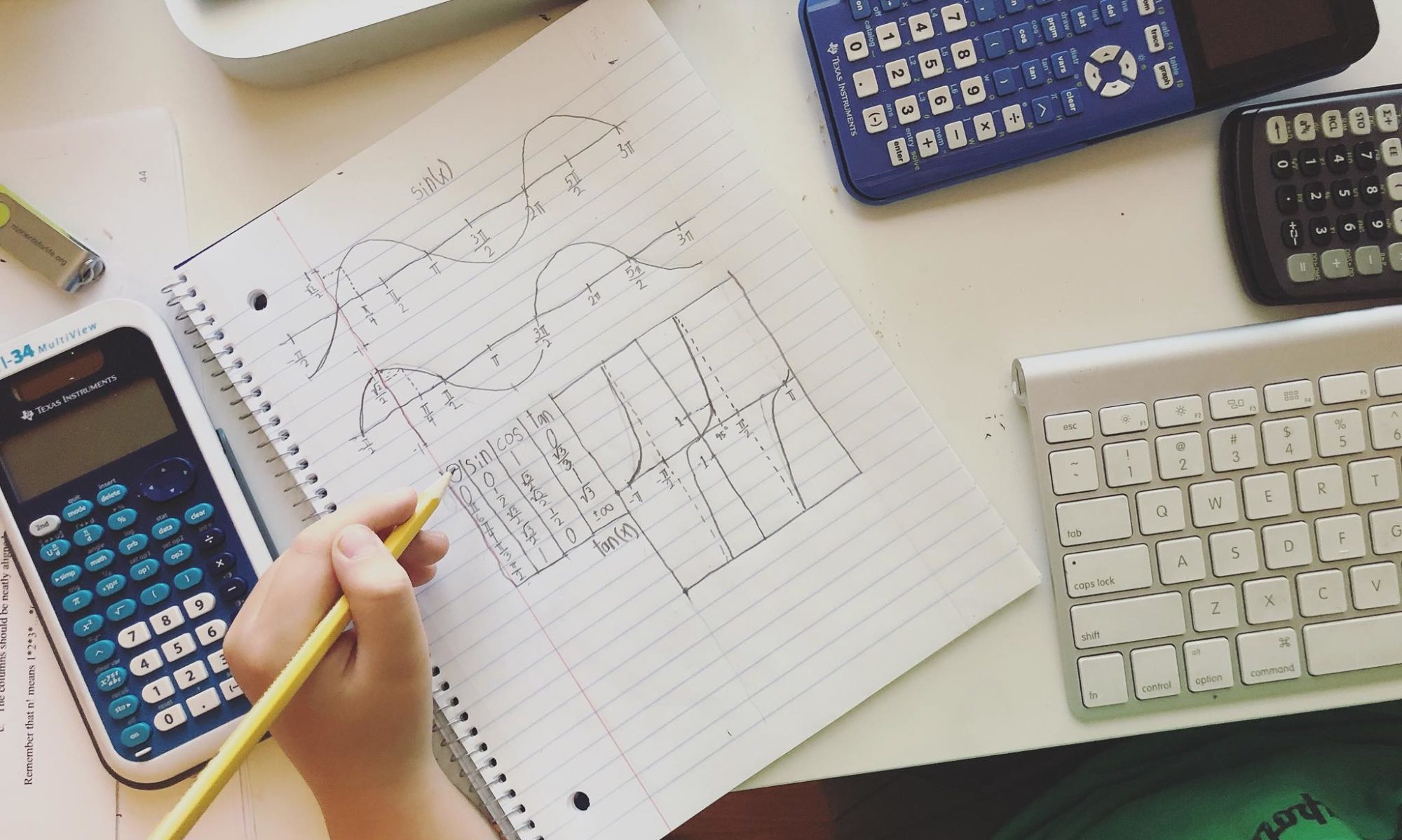The Davidson Young Scholars program provides free services designed to nurture the intellectual, social, emotional, and academic development of profoundly intelligent young people between the ages of 5 and 18 (students must be between the ages of 5 and 16 when applying).
PG Retreat is a community of families with profoundly gifted children and teens. PG Retreat helps to form connections and friendships, and to share resources and experience. PGR organizes the annual Retreat, informal local gatherings around the country, listservs, and web forums to support its members.
The Daimon Institute for the Highly Gifted provides psychotherapy and educational consulting to support the overall development of exceptionally and profoundly gifted people. Patients are all ages and reside throughout the world. Sue Jackson is passionate about supporting the overall development of Exceptionally Gifted individuals including cognitive, social, emotional and spiritual dimensions. Linking members of this community to appropriate opportunities in the educational and business sectors in a major thrust of intervention and support. Sue has conducted research and has published in several major journals/textbooks throughout her professional career.
Having a unique set of abilities and needs can at times feel isolating for any group. Advocating for the “least-worst” school options and finding other families who are experiencing the same issues can at times feel like finding a needle in a haystack. Finding a flock or tribe can help ease the isolation and support the navigation of this journey together. BRIGHTLinks offers several different benefits to our subscribers designed to nurture the intellectual, social, emotional, and academic development of profoundly intelligent young people.
Hoagies’ Gifted Education Page consists of over 1150 pages of information on gifted children and adults. It serves as a good bookmark of invaluable resources for the gifted and profoundly gifted community.
Exceptionally Gifted Children, Miraca U.M. Gross
In the first edition of this book, published in 1993, introduced 15 remarkable children, some of the most gifted young people ever studied, and traced their path through school, exploring their academic achievements (and in some cases enforced underachievement), their emotional development, their social relationships and their family relationships and upbringing. This new edition reviews these early years but also follows the young people over the subsequent ten years into adulthood. No previous study has traced so closely and so sensitively the intellectual, social and emotional development of highly gifted young people. This 20 year study reveals the ongoing negative academic and social effects of prolonged underachievement and social isolation imposed on gifted children by inappropriate curriculum and class placement and shows clearly the long lasting benefits of thoughtfully planned individual educational programs.
Five Levels of Gifted, Deborah Ruf
This book describes differences in developmental stages within the gifted population. The children are classified into five levels of giftedness based on behaviors and developmental milestones, giving parents and educators a reference guide to compare with their own gifted children or students. A child s intellectual level can thus be estimated, after which the book provides different educational approaches and practical advice, including how to find the best type of school for each level. Author Deborah Ruf looks at 78 gifted children and groups them into five levels of giftedness based on developmental milestones, as well as test data. This information gives parents and educators a reference guide to compare with their own gifted children or students. The author then offers different educational approaches and practical advice, including how to find the best type of school for children at each level.
A Parent’s Guide to Gifted Children, James T. Webb
Raising a gifted child is both a joy and a challenge, yet parents of gifted children have few resources for reliable parenting information. The four authors, who have decades of professional experience with gifted children and their families, provide practical guidance in areas such as: Characteristics of gifted children; Peer relations; Sibling issues; Motivation & underachievement; Discipline issues; Intensity & stress; Depression & unhappiness; Educational planning; Parenting concerns; Finding professional help; and much, much more! James T. Webb, Ph.D., has been recognized as one of the most influential psychologists nationally on gifted education. Dr. Webb has written 16 books, over 80 professional publications, three DVDs, and many research papers for psychology conventions or for conferences regarding gifted and talented children.
Living With Intensity, Susan Daniels
Gifted children and adults are often misunderstood. Their excitement is viewed as excessive, their high energy as hyperactivity, their persistence as nagging, their imagination as not paying attention, their passion as being disruptive, their strong emotions and sensitivity as immaturity, their creativity and self-directness as oppositional. This resource describes these over-excitabilities and strategies for dealing with children and adults who are experiencing them, and provides essential information about Dabrowski s Theory of Positive Disintegration. Learn practical methods for nurturing sensitivity, intensity, perfectionism, and much more. “Dabrowski’s concepts of overexcitabilities and positive disintegration are helpful in understanding what might otherwise seem like inexplicable behaviors among some gifted children and adults.” – Steven I. Pfeiffer, PhD, ABPP, Professor and Director of Clinical Training, The Florida State University”
Wired Differently, Deborah Reber
Today millions of kids are stuck in a world that doesn’t respect, support, or embrace who they really are—these are what Deborah Reber is calling the “differently wired” kids, the one in five children with ADHD, dyslexia, Asperger’s, giftedness, anxiety, sensory processing disorder, and other neurodifferences. Their challenges are many. But for the parents who love them, the challenges are just as hard—struggling to find the right school, the right therapist, the right parenting group while feeling isolated and harboring endless internal doubts about what’s normal, what’s not, and how to handle it all.





